There are a lot of saints in today’s Mass, but then, honestly, there always are. Father John and I have an ongoing joke, that when one of us has the early 6:30 Mass, we say to the other, “I woke up the angels and saints for you.” Now, obviously the angels and saints aren’t sleeping in the church, but they are in the church, and especially whenever we celebrate Mass. We can’t see them, but they are all around the altar, praising God for the sacrifice of Jesus on the Cross that we remember at Mass, and helping us to lift up our own voices in prayer. This is the “communion of saints” that we talk about when we say the Apostles’ Creed during the Rosary or sometimes at Mass.
Today we have two mentions of saints. The first is the saint we celebrate today, Saint Agnes, a Virgin and Martyr of the early Church. That’s the reason for the red vestments today. She lived probably around the third century. Legend tells us that Agnes was a young girl, probably twelve or thirteen years old, and very beautiful. Many young men longed for her, lusted after her, really, and one such man, having looked at her lustfully, lost his eyesight. But his sight was restored when Agnes herself prayed for him.
Because of her dedication to Christ, she refused the advances of the men who lusted after her. And one such man, having been refused, reported her to the government for being a Christian. She was arrested and eventually put to death, although the method of her death is unclear. She was buried near Rome in a catacomb that was then named in her honor, and Constantine’s daughter later built a basilica in her honor. Her witness is that her dedication to Christ was most important in her life, and she had vowed to live a life of virginity in honor of that.
The second mention of saints comes in the Gospel today, in which Jesus, at the early point of his ministry, calls those who followed him, and Appointed the Twelve Apostles. Mr. Hueg tells me that I can ask the seventh graders to list all of the Apostles because they just had a quiz on that exact topic! Then again, I could probably ask the eighth graders because I’m sure they’ll remember from last year! Seriously, though, we know the importance of the apostles. Because they risked their lives to witness to Christ – all of them except John dying a martyr’s death – because of their witness, we have the faith today. Because of their faith, we can live and witness to our faith too.
Both Saint Agnes and Saints Peter, James, John and the others, all of them lived their lives for Christ and all of them gave their lives to witness to Christ. That’s a good inspiration for the way we should live. God has given us everything we have, and more than that, he has given us the opportunity to choose eternal life and come to be one with him one day. Even if we never have the opportunity to actually die for Christ, we are called to give ourselves in love to him, and to witness to his Gospel no matter what it costs us.
The other thing that Saint Agnes has in common with the Apostles is that they are all mentioned in the words of Eucharistic Prayer I, which I will be using today. When I pray it, see if you can hear the names of Agnes, Peter, James, Andrew, Philip and the others. And when you hear them, give God thanks that he allowed them to give their lives so that we might have the faith. And thank God that he gave his only Son to show us the way to heaven.
Saint Agnes and the Apostles, pray for us!
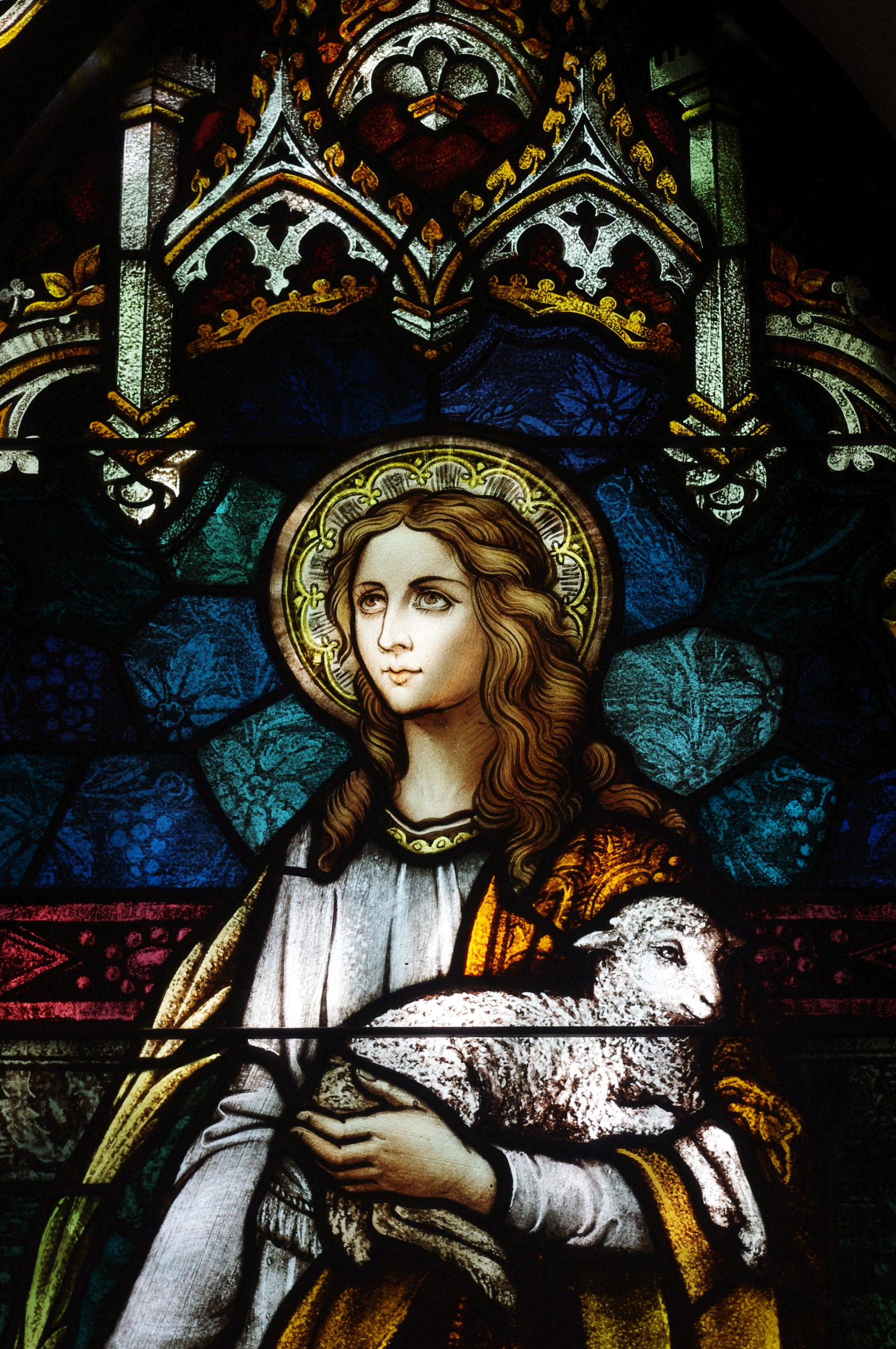
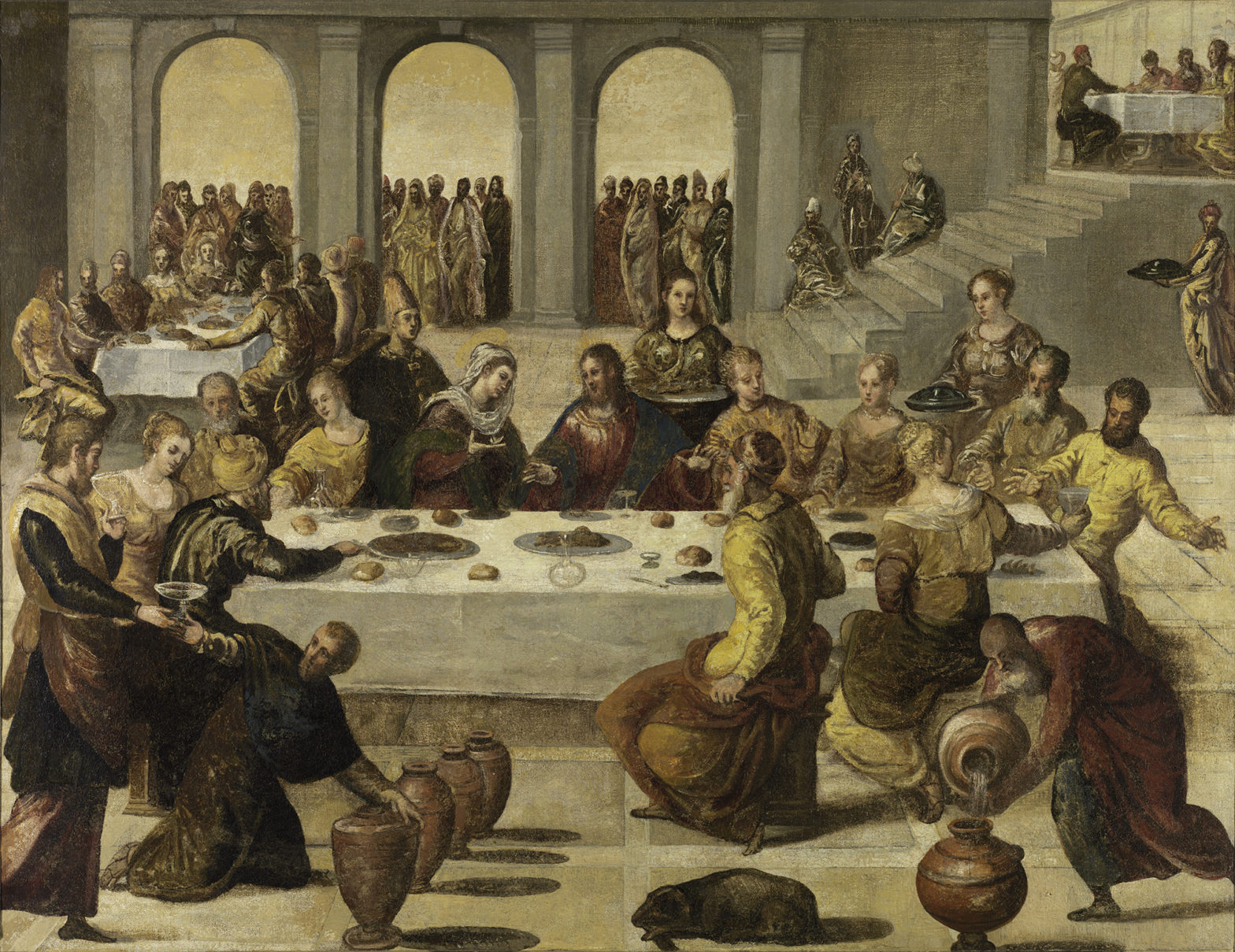
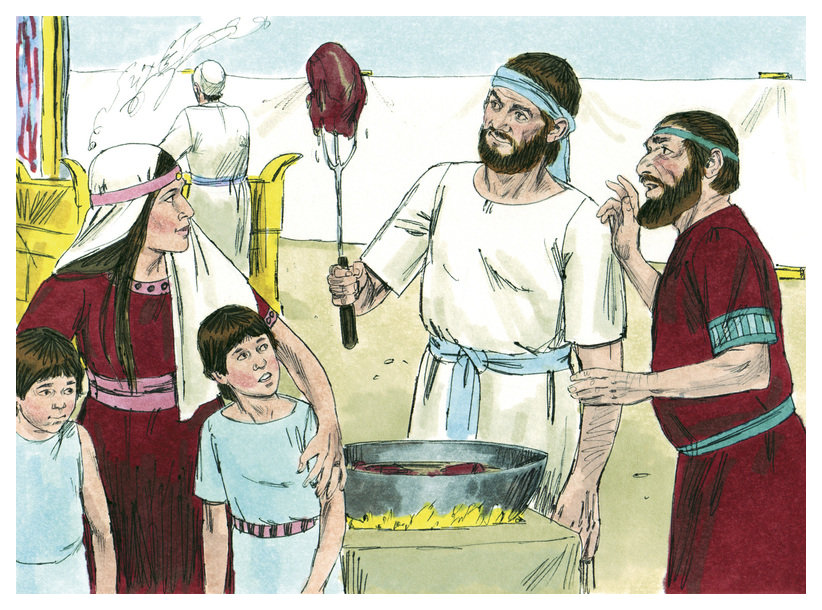
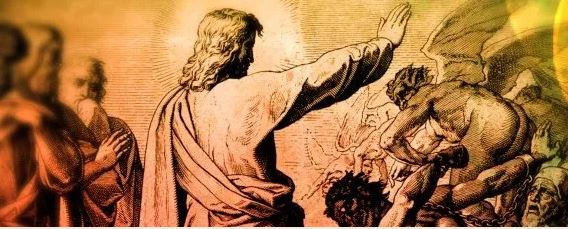
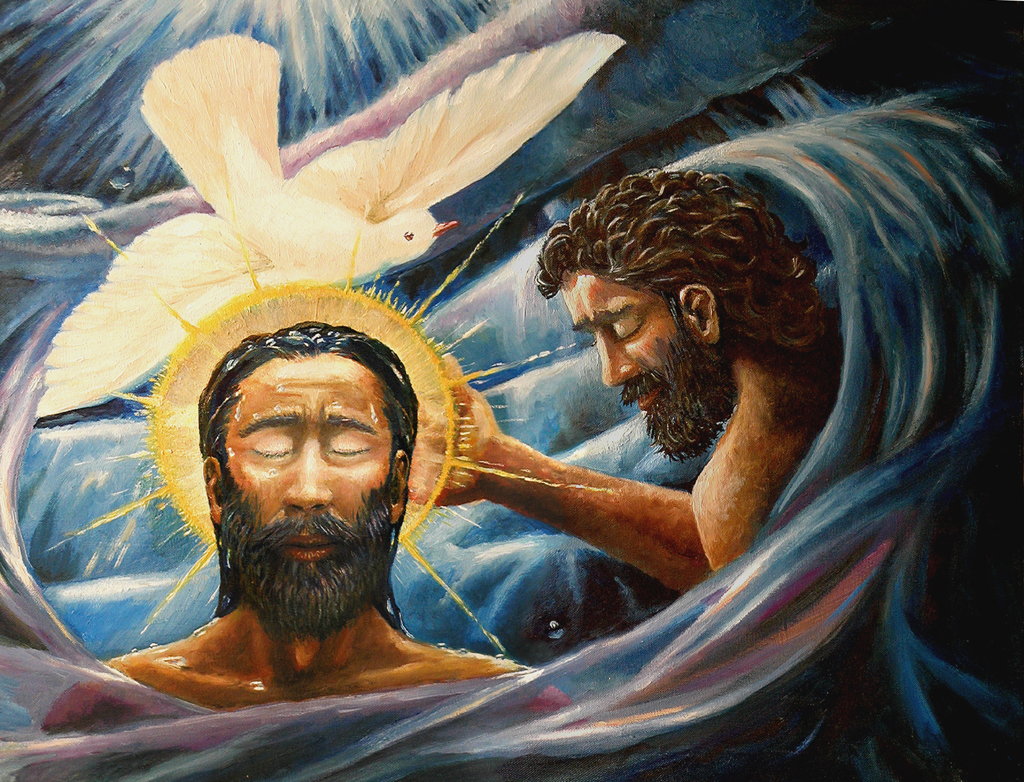
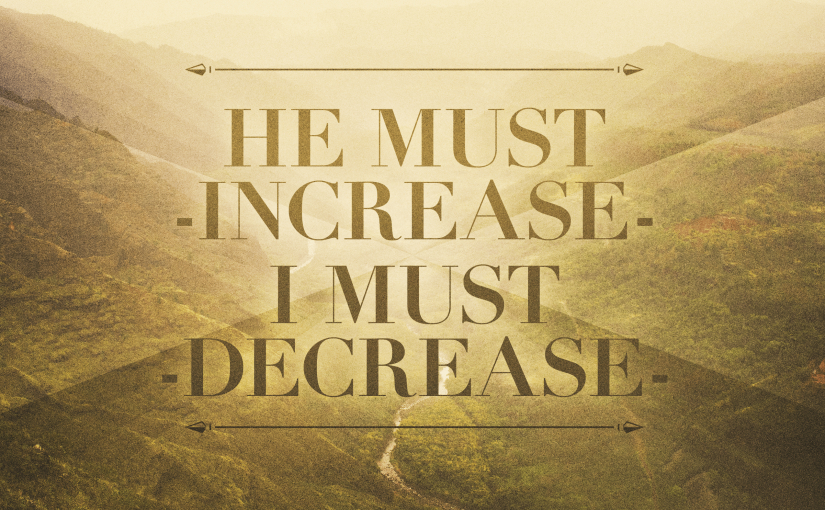
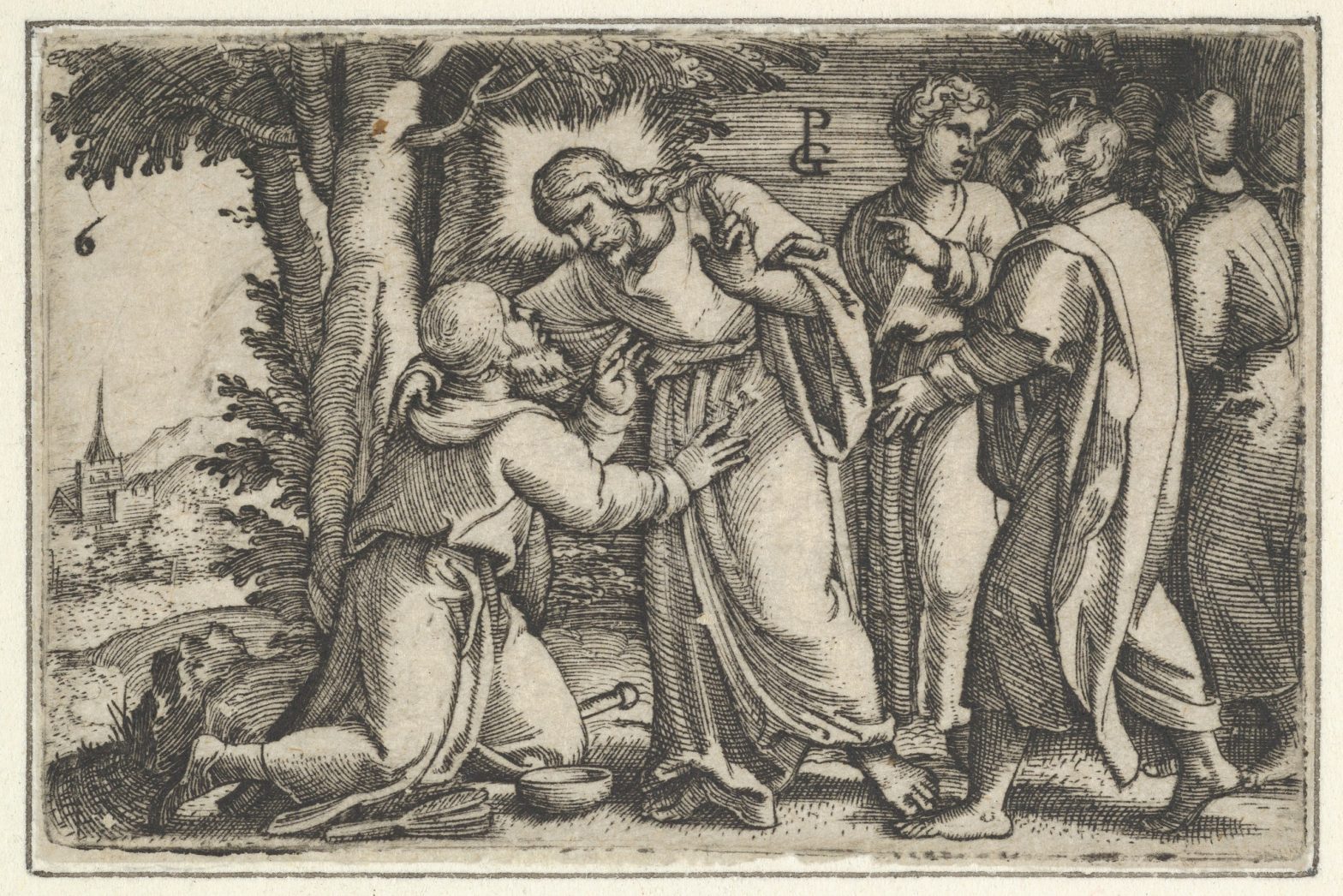
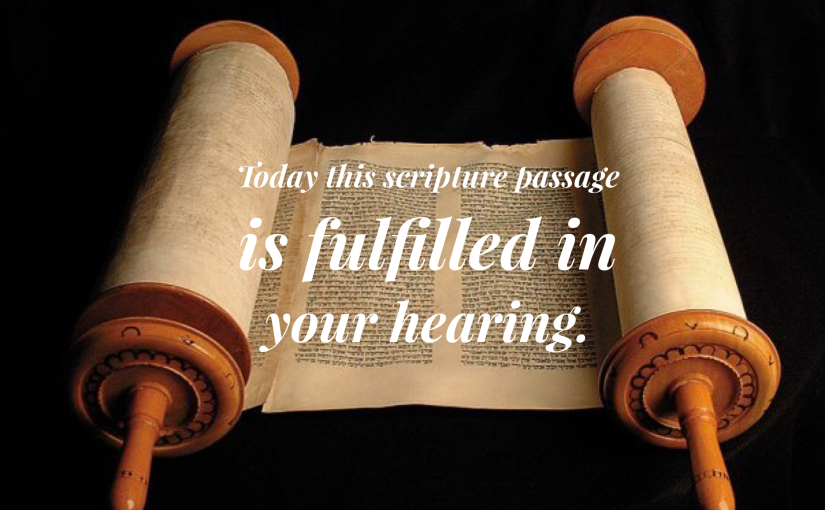
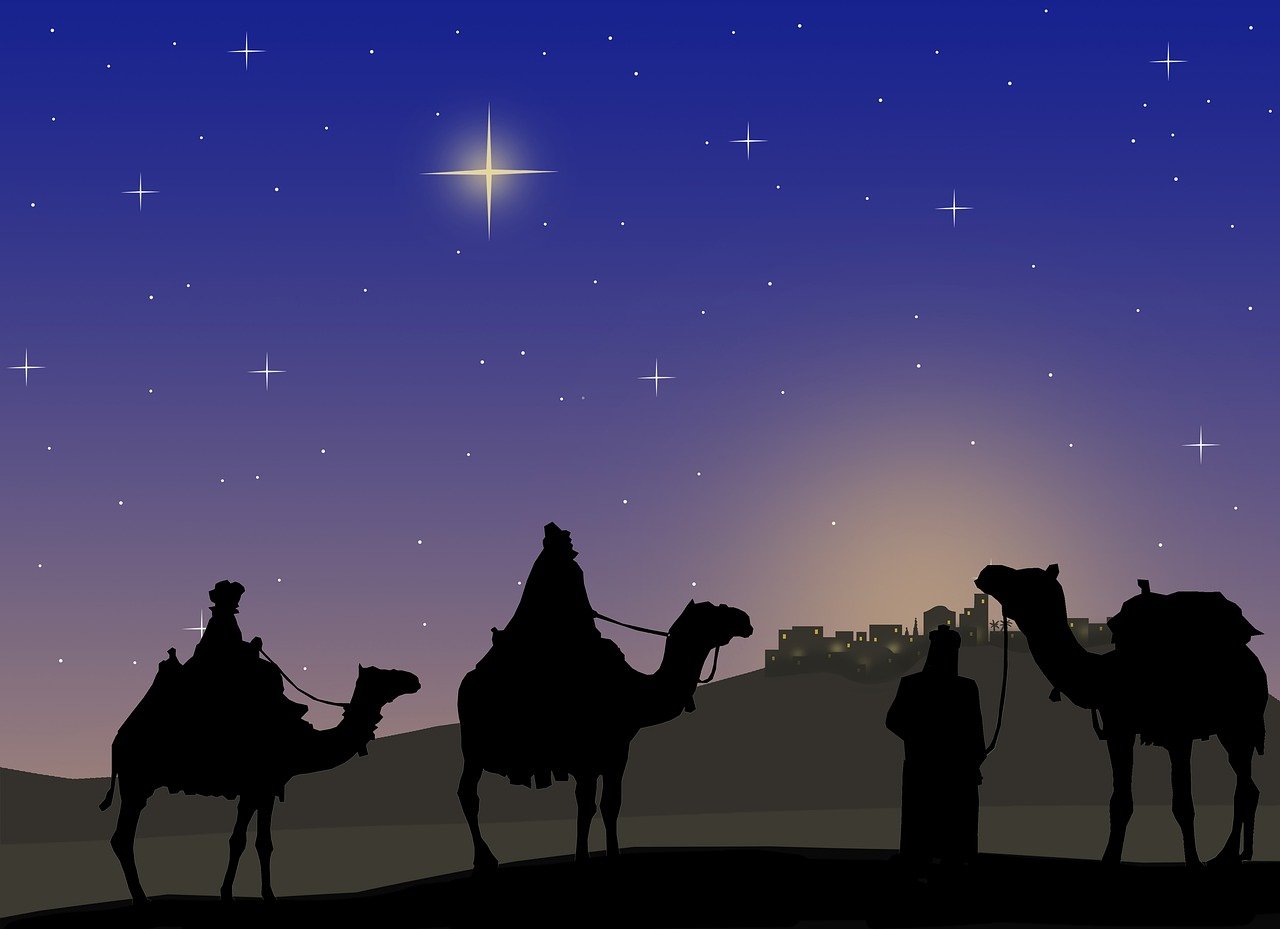

You must be logged in to post a comment.